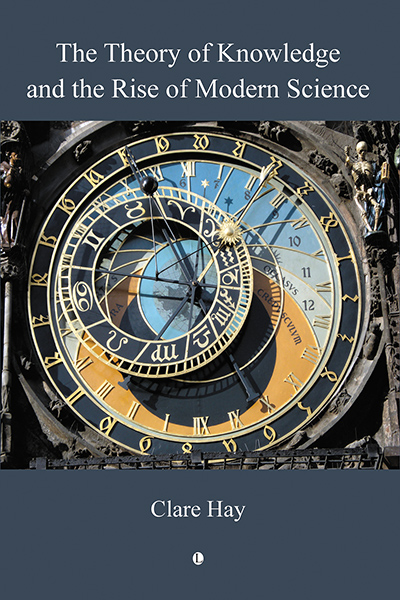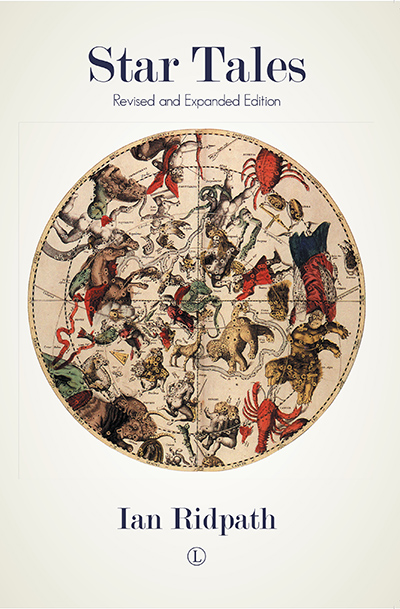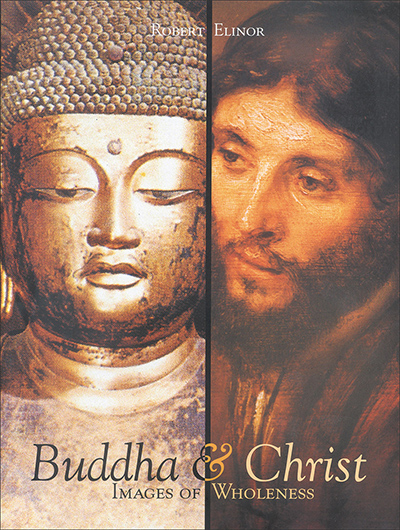Description
A companion to Dr Hay’s The Theory of Knowledge. A Coursebook, this guide presents a more sophisticated approach to epistemology with an emphasis on the interactions between Science and Philosophy from the 17th century to date.
Using the classic debate between the empiricist and rationalist traditions as a framework, Clare Hay follows the developments of theory of knowledge up to the twentieth century, and the intersection points of epistemology with other branches of philosophy are also considered.
The book’s unique strength lies in the correlation between the developments of philosophical thought and the rise of modern science. As the author suggests, “studying philosophy is one of the most extraordinary intellectual journeys”, and this compehensive yet accessible book will provide the useful signposts for both the student and general reader.
About the Author
Dr Clare Hay has an interest in the Philosophy of Logic and Language, the History of Modern Philosophy and the History and Philosophy of Science. She is the author of The Theory of Knowledge. A Coursebook and has recently edited Hirschberger’s Short History of Western Philosophy for The Lutterworth Press.
Contents
1. Introduction
2. Plato’s Meno
2.1 Looking for what we do not know
2.2 “Right opinion” and knowledge
2.3 “Fastened by the tie of the cause”
3. Plato’s Theaetetus
3.1 Socrates the midwife
3.2 Tripartite definition of knowledge
4. Plato’s Theory of Forms
4.1 An ideal whatever-it-is
4.2 The mind or the senses?
4.3 Sun, Cave, and Divided Line
5. Descartes’ Rationalism
5.1 The scientific context
5.2 God and the mind
5.3 The Meditations
5.4 Descartes and scepticism
5.5 A priori and a posteriori
6. Newton: Rationalist or Empiricist?
6.1 Laws of nature
6.2 “Hypotheses non fingo”
6.3 Deduction and induction
7. Locke’s Empiricism
7.1 Sensation and reflection
7.2 Simple ideas
7.3 Complex ideas
7.4 Primary & secondary qualities
7.5 Real & nominal essence
8. Case Study 1
8.1 Descartes’ vortex theory
8.2 Newton and action at a distance
9. Case Study 2
9.1 Locke on substance
9.2 Newton on the cohesion of bodies
10. Berkeley’s Idealism
10.1 The denial of matter
10.2 An idea can be like nothing but an idea
10.3 Realism, idealism and phenomenalism
11. Scepticism
11.1 Two kinds of scepticism
11.2 Global scepticism
12. Hume’s ‘Experimental Method’
12.1 The experimental method
12.2 Cause and effect
12.3 Hume as sceptic?
13. Kant’s ‘Copernican Revolution’
13.1 Necessity and applicability
14. Science and Epistemology
14.1 An uneasy relationship
14.2 Verificationism and evidence
14.3 Foundationalism and coherentism
14.4 Epistemology naturalised
14.5 Conceptual geography
14.6 That and how
Glossary
Bibliography
Index






